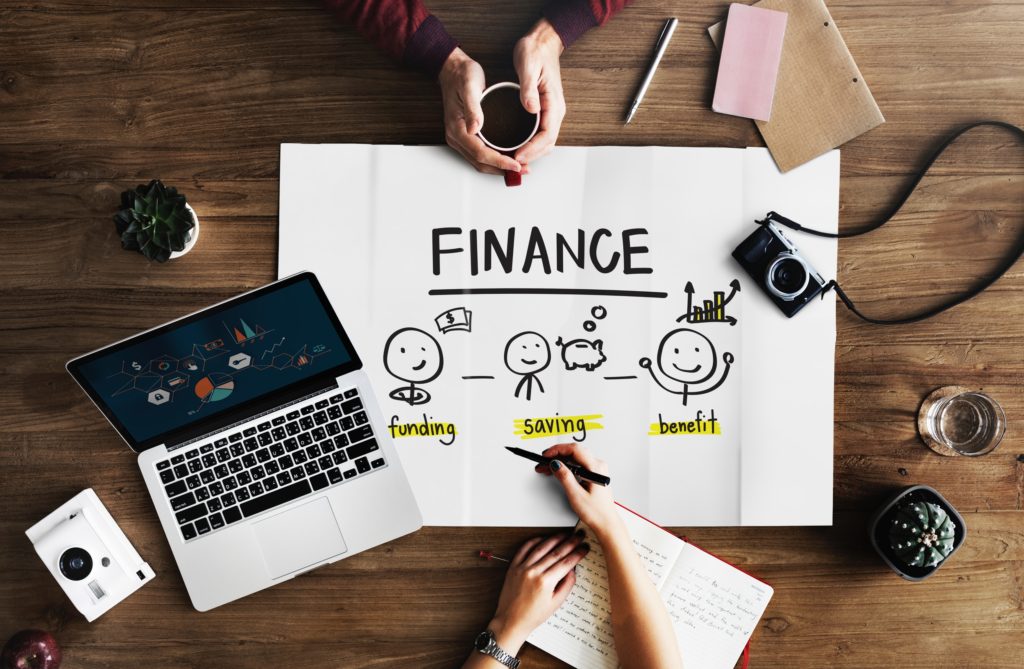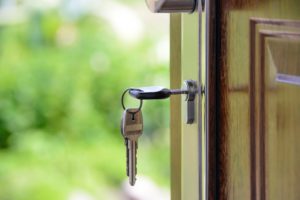Do you have an emergency fund? NO? Well never fear, because you’re in good company with lots of other Americans. Studies show that 39% of Americans don’t have enough in an emergency fund to cover a $1000 emergency.
Really? Yep.
$1000 isn’t very much. It’s less than most car repairs this day. Less than what it might cost if your dog got bit by a rattlesnake. And less than a medical emergency.
So why do we need one? Well if that last statement didn’t convince you of it, I don’t know what will. Most of us are living paycheck to paycheck, 1 emergency away from financial disaster.
How much do we need to save? Statistically, we should probably have 3-6 months worth of living expenses. Seem like a lot? Well, it’s not in the grand scheme of things, when you without a job, or living in a crisis.
We’d all like to think that friends and family could help us out in times of need. And truthfully, most would like too and would try. But how many of them just wouldn’t be able to help because they too are living paycheck to paycheck?
Emergency funds are for just that, emergencies. They shouldn’t be used for emergency shopping, or emergency vacationing, or even emergency car repairs.

They are funds that are virtually untouchable unless cases of disaster. We should all have a bank account, savings account, emergency account, and retirement account. It seems like a lot of accounts, right?
Hear me out though. If we delegate and separate our money into their respective accounts, and only use those accounts for what they’re intended for, we can save.
It all starts with a budget. And then planning and delegation. If we’re saving 10% of our check for after expenses for our savings account, then the rest should go to our emergency fund. There is a hierarchy of savings, which some will agree and some will disagree with.
If you have debt, my suggestion is that make sure that you’ve at least 2 months of savings for emergencies put away before you attack your debt. I don’t mean don’t pay the debt, but attacking and making large payments to try to pay it down. I believe it’s more important to have something in savings, even if it’s small before you attack the debt.
Some may disagree and say you should pay your debt down first before you invest in an emergency fund, but that just doesn’t sit well with me. I believe you should always have a little in savings/emergency funds before you worry about paying off the debt.
An even faster approach to getting that emergency fund up and running is to get a part-time job, or side hustle.
What we’re trying to avoid is that when emergency or tragedy strikes, we’re prepared to deal with it. Without reaching for those dreaded high-interest credit cards.
Planning now prevents major stress and headache in the long run. It only makes sense to take some easy and necessary steps to prevent panic when something goes run. Check out How to Start an Emergency Fund to learn some easy, simple steps to start that emergency fund today!




